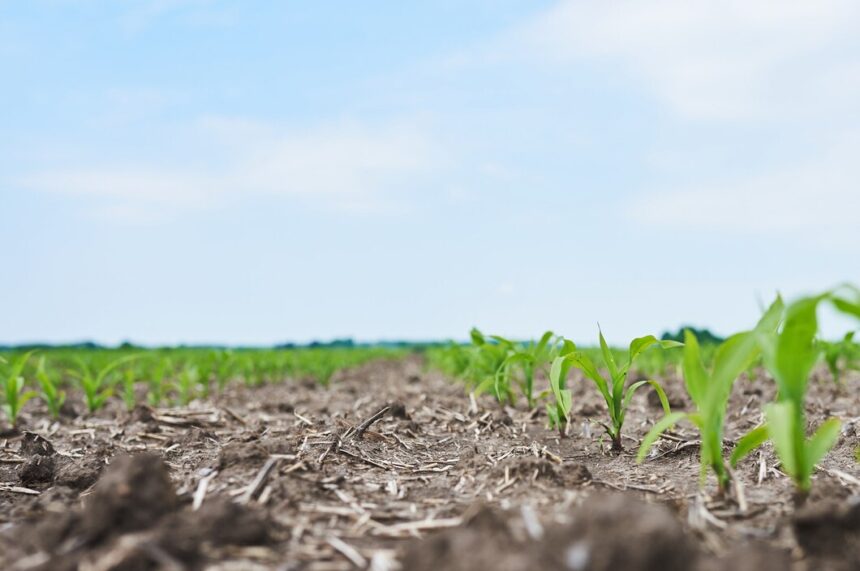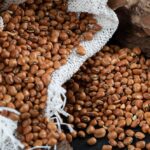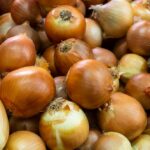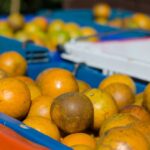Sustainable agriculture is essential for ensuring food security, protecting the environment, and supporting rural livelihoods in South Africa. With its diverse climate, landscapes, and agricultural practices, South Africa has the potential to lead the way in sustainable farming practices. Here are ten techniques that South African farmers can employ to promote sustainability in agriculture:
- Crop Rotation: Crop rotation involves alternating the types of crops grown in a particular field over time. This practice helps improve soil health, reduce pest and disease pressure, and enhance nutrient cycling. Farmers can rotate crops such as maize, soybeans, sunflowers, and legumes to maintain soil fertility and productivity.
- Conservation Tillage: Conservation tillage techniques, such as no-till or minimum tillage, help reduce soil erosion, improve water retention, and sequester carbon in the soil. By disturbing the soil less during planting and cultivation, farmers can preserve soil structure and organic matter, leading to healthier and more resilient soils.
- Cover Cropping: Cover crops, such as legumes, grasses, and cover crop mixes, are planted to cover the soil surface between cash crop rotations. Cover cropping helps prevent erosion, suppress weeds, fix nitrogen, and improve soil structure. Farmers can select cover crops that are well-suited to their local climate and cropping system to maximize benefits.
- Water Conservation: Water is a precious resource in South Africa, and farmers must employ water conservation techniques to maximize efficiency and minimize waste. Techniques such as drip irrigation, mulching, rainwater harvesting, and soil moisture monitoring can help farmers optimize water use and reduce irrigation requirements.
- Integrated Pest Management (IPM): Integrated Pest Management is a holistic approach to pest control that emphasizes prevention, monitoring, and the use of multiple control methods. By combining cultural, biological, and chemical control measures, farmers can minimize pesticide use, preserve beneficial insects, and reduce the risk of pesticide resistance.
- Agroforestry: Agroforestry involves integrating trees and shrubs into agricultural landscapes to provide multiple benefits, including shade, windbreaks, erosion control, and biodiversity conservation. Farmers can plant fruit trees, timber trees, or nitrogen-fixing trees alongside crops or livestock to enhance productivity and sustainability.
- Livestock Integration: Integrating livestock into cropping systems can improve nutrient cycling, soil fertility, and farm productivity. Techniques such as rotational grazing, silvopasture, and mixed farming systems can help farmers optimize the use of land and resources while minimizing environmental impacts.
- Soil Conservation Structures: South African farmers can employ various soil conservation structures, such as terraces, bunds, contour planting, and grassed waterways, to prevent soil erosion and conserve soil moisture. These structures help slow down water runoff, trap sediment, and promote infiltration, reducing the risk of soil degradation.
- Precision Agriculture: Precision agriculture technologies, such as GPS-guided tractors, remote sensing, and variable rate application, allow farmers to optimize inputs and maximize yields while minimizing environmental impacts. By precisely targeting inputs such as fertilizers, pesticides, and water, farmers can improve efficiency and sustainability.
- Agroecology: Agroecology is an ecological approach to farming that emphasizes the integration of ecological principles into agricultural systems. By fostering biodiversity, promoting natural processes, and enhancing ecosystem resilience, agroecology offers a holistic framework for sustainable agriculture in South Africa.
In conclusion, South African farmers have a range of techniques at their disposal to promote sustainability in agriculture. By adopting practices such as crop rotation, conservation tillage, cover cropping, water conservation, integrated pest management, agroforestry, livestock integration, soil conservation, precision agriculture, and agroecology, farmers can enhance productivity, protect natural resources, and build resilience to climate change and other challenges. Through innovation, collaboration, and knowledge sharing, South Africa can continue to lead the way towards a more sustainable and resilient agricultural future.







